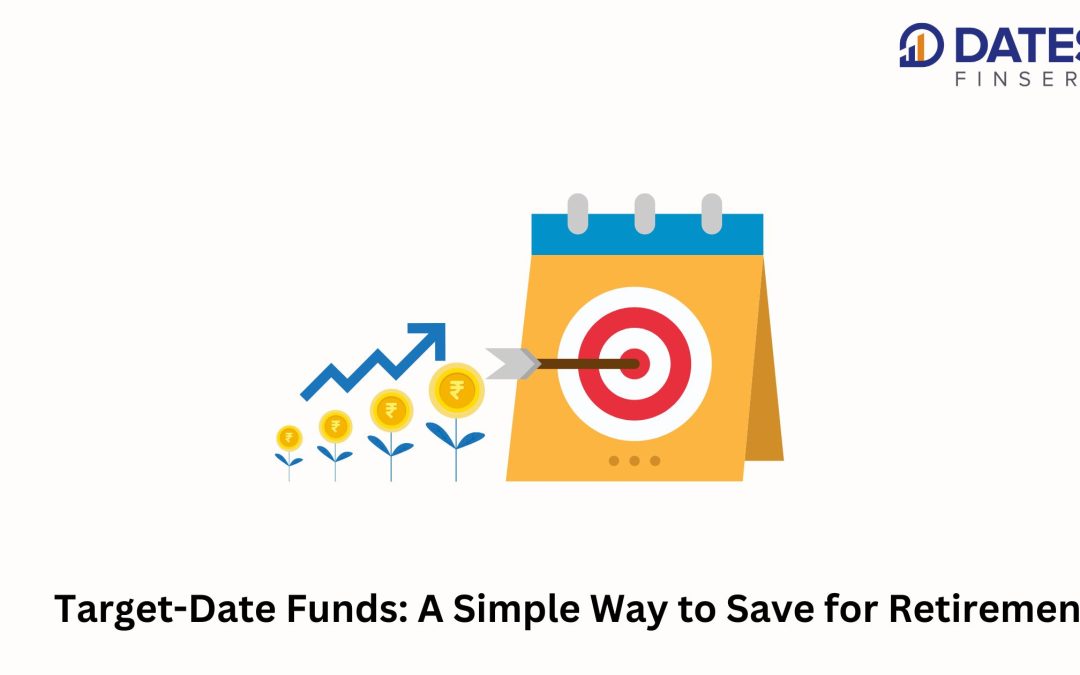Saving for retirement can be a daunting task, but it doesn’t have to be. Target-date funds are a simple and easy way to invest in your future.
Target-date funds are mutual funds that are designed to help you reach your retirement goals. They automatically adjust their asset allocation as you get closer to retirement, so you don’t have to worry about making changes yourself.
What are target-date funds?
Target-date funds are a type of mutual fund that is designed to help you reach your retirement goals. They are named after the year you plan to retire, and their asset allocation (the mix of stocks, bonds, and other investments) is designed to become more conservative as you get closer to retirement.
For example, a target-date fund with a 2040 retirement date would be invested more heavily in stocks when you are young, and then gradually shift to more bonds as you get closer to retirement. This helps to reduce your risk of running out of money in retirement.
How do target-date funds work?
Target-date funds are managed by professional investment managers who adjust the asset allocation of the fund as you get closer to retirement. This means that you don’t have to worry about making any changes yourself.
The asset allocation of a target-date fund is based on a glide path. A glide path is a schedule that shows how the asset allocation of the fund will change over time. The glide path for a target-date fund with a 2040 retirement date would start with a high percentage of stocks and gradually shift to more bonds as you get closer to retirement.
also, read it –What are Passively Managed Funds?
The benefits of target-date funds
There are several benefits
- Simplicity: Target-date funds are a simple and easy way to invest for retirement. You don’t have to worry about choosing individual stocks or bonds, or about rebalancing your portfolio.
- Convenience: Target-date funds are offered by most major brokerage firms and mutual fund companies. This makes it easy to open an account and start investing.
- Cost-effectiveness: Target-date funds tend to have lower fees than other types of mutual funds. This is because they are passively managed, which means that there are no professional investment managers making active trading decisions.
The drawbacks of target-date funds
There are a few drawbacks
- Limited flexibility: Target-date funds have a fixed asset allocation that is designed to meet the needs of most investors. This means that you may not be able to customize your portfolio to meet your specific risk tolerance or investment goals.
- Potential for high fees: Some target-date funds have high fees. It is important to compare the fees of different target-date funds before you invest.
Conclusion
Target-date funds are a simple and easy way to invest for retirement. They offer a number of benefits, including simplicity, convenience, and cost-effectiveness. However, they also have some drawbacks, such as limited flexibility and the potential for high fees.
If you are looking for a simple and easy way to invest for retirement, target-date funds may be a good option for you. However, image

